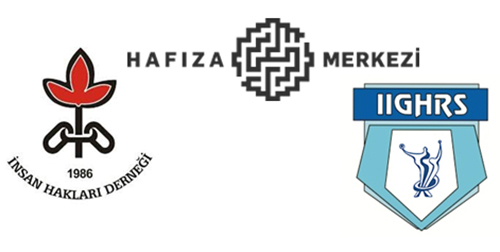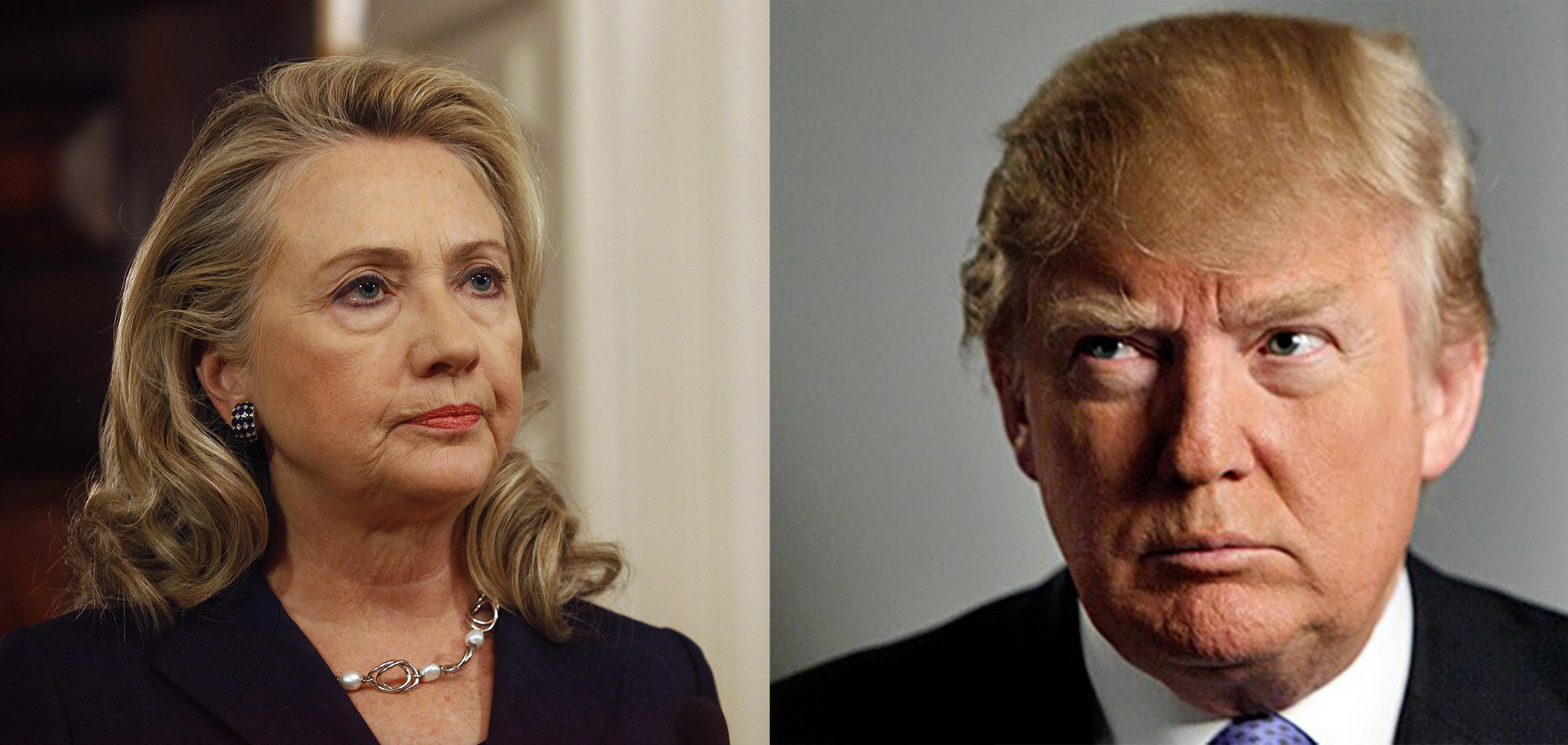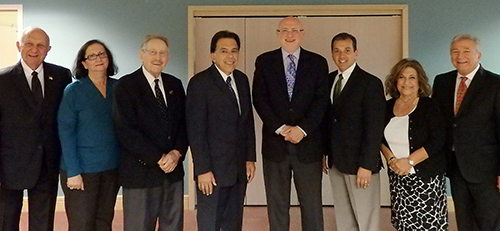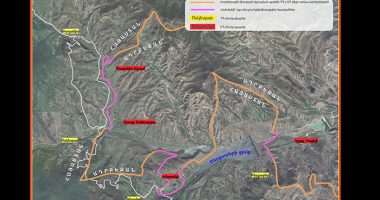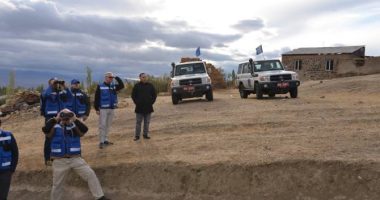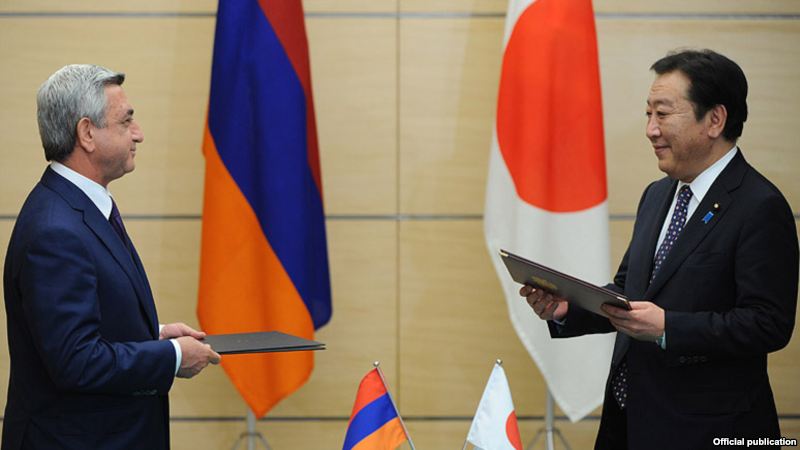Introduction
In reaction to the European Court of Human Rights (ECHR) Grand Chamber’s judgment, the public has been reading statements such as, “we won” and “victory” in newspaper headlines, declarations by high government officials of Turkey and Armenia, as well as interviews by Mr. Perinçek and the lawyers involved, on TV, in print and electronic media, each declaring victory.
What has been achieved?
First, it is important to recognize that we, the Turkish Human Rights Association (IHD), The Truth, Justice and Memory Center (HAHM) and The International Institute for Genocide and Human Rights Studies (A Division of the Zoryan Institute), known as the Coalition of Armenian-Turkish human rights organizations, entered into close cooperation in:
a) Forming a coalition to take action together and with one voice against the denial of the Armenian Genocide and, in particular, the apparent endorsement of that denial by the European Court of Human Rights, and
b) Making submission before the Grand Chamber of the ECHR (as an Amicus Curiae/third party friend of the Court), in order to correct the historical record and demonstrate to the Court the wider, very real and intended impact of denial of the Armenian Genocide by people like Perinçek on the daily lives of Armenians in Turkey.
This collaboration is itself a significant accomplishment. It has sent an important message of solidarity to the ECHR, as well as to the international community and the Armenian-Turkish human rights community. The Coalition will form the foundation for future collaboration in challenging anti-Armenian Genocide denial and hate speech, including within Turkey itself.
Second, with the limited means available to a third party intervener before the Court, the Coalition has made a significant contribution to the fact that:
a) the Grand Chamber made clear at the very outset of its judgment that:
“… [The Court is] not required to determine whether the massacres and mass deportations suffered by the Armenian people at the hands of the Ottoman Empire from 1915 onwards can be characterised as genocide within the meaning of that term under international law, but has no authority to make legally binding pronouncements, one way or the other, on this point.” [102]
The above passage contradicts the claim by certain segments of the Turkish media that both the initial ECHR ruling in favor of Perinçek’s freedom of expression and the Grand Chamber’s ruling on 15 October 2015 serve as evidence for the ECHR’s confirmation of the view that there was no Armenian Genocide. In other words, for the Turkish ultranationalists’ claims that the ECHR also denies Genocide. This prevarication, that the ruling of the ECHR Grand Chamber disproves the “claims” of the Armenian Genocide, is intentional as well as blatant, because it aims to encourage individuals, circles, and even public servants who provoke hatred against the Armenians in Turkey; it seeks to obstruct investigations on such declarations or acts, and to prevent the perpetrators from being brought to justice.
b) a significant minority of the Court, including its highly respected President, in the clearest possible terms stated that, while it was not the Court’s role to adjudicate on this issue:
“That the massacres and deportations suffered by the Armenian people constituted genocide is self-evident. The Armenian genocide is a clearly established historical fact. To deny it is to deny the obvious.”
This clearly expressed opinion of a significant minority of the Grand Chamber plainly provides important support to the efforts of the Coalition and the wider Armenian Community in its fight for due recognition of the Armenian genocide.
Third, it was only the Coalition who, through its written submissions, sought to expand the geographical enquiry of the Court’s analysis of the impact of Perinçek’s statements to take full account of the (intended) impact of those statements within Turkey and, in particular, on the Armenian minority in Turkey. While it is, of course, disappointing that the majority of the Grand Chamber did not follow the approach mapped out for them by the Coalition, this debate has only just started and, importantly, the minority Opinion (again) provides great encouragement for the approach outlined by the Coalition and provides strong reasoning why it is, in fact, the better/correct approach to take:
Minimising the significance of the applicant’s statements by seeking to limit their geographical reach amounts to seriously watering down the universal, erga omnes scope of human rights – their quintessential defining factor today. … Drawing all the logical inferences from the geographically restricted approach apparently adopted by the majority, one might come to the view that denial in Europe of genocides perpetrated in other continents, such as the Rwandan genocide or the genocide carried out by the Khmer Rouge regime in Cambodia, would be protected by freedom of expression without any limits, or with scarcely any. We do not believe that such a vision reflects the universal values enshrined in the Convention.
To give a most recent example, during the curfew and siege between 4-12 September 2015 of Cizre, one of the towns suffering the same following the resumption of the armed clashes between the Turkish security forces and the PKK guerrillas in June, announcements to the inhabitants on the megaphone by an armoured police vehicle “You are Armenian, you are all Armenians, you are Armenian bastards,” clearly demonstrate the connection between the hate speech against Armenians – even by public officers – stemming from the denial of the Armenian Genocide and the current living conditions of the Armenian people who are deprived of the security of life.
As human rights defenders, we witness this connection every single day. For example, the Deputy Prime Minister’s statement, “PKK terrorists are Armenian, evidenced by the dead terrorists which are mostly uncircumcised,” followed by the Ankara Mayor’s statements during a TV interview, “Kurds are being deceived to vote for HDP (pro-Kurdish party) whose leaders have made a secret deal with Armenians to give Kurdish populated lands to Armenians.”
The fact that the Armenian people have no security of life in Turkey, a country of denial, is further evidenced by the murders of Hrant Dink, Sevag Balýkçý, and Maritsa Küçük in Samatya, all of which took place in recent years. In fact, the ECHR is already aware of the life threatening denialist environment in Turkey through the Hrant Dink case, where the Court convicted Turkey for, inter alia, the violation of the right to life in September 2010. Moreover the more recent murders of Sevag Balýkçý and Maritsa Küçük will most probably also find their way to the ECHR, which will have to take into consideration the consequences of genocide denial in Turkey.
Where do we go from here?
Their response to the Grand Chamber judgment underscores the value attached to the ECHR by Turkish ultranationalists, as a tool to be utilised/abused by them to redefine the discourse and context of their anti-Armenian propaganda campaign. This attitude, therefore, calls for a vigilant, sustained, and focused counter-campaign by Turkish and Armenian organizations, such as the Coalition, acting in concert, including well-conceived, well-documented, and persuasive cases before Turkish courts, to maintain the pressure on the Turkish Government and ultranationalist groups.
At the very least, this initial attempt to engage the ECHR has demonstrated the need to reframe the genocide denial issue in terms of hate speech rather than simple questions of historical truth and legal classification. Perhaps the best way forward would be to consider challenging Perinçek’s statements before Turkish courts, based on the elements within the Grand Chamber’s Judgment, or even to challenge the teaching of genocide denial in the history books of Turkish children, with a view to strike at the heart of the hate-mongering that is the real motivation behind such denial.
Signed by:
Human Rights Association
Meral Çýldýr, Deputy Chair
Truth Justice Memory Center
Murat Celikkan, Co-Director
The International Institute for Genocide and Human Rights Studies
(A Division of the Zoryan Institute)
Roger W. Smith, Chair, Academic Board of Directors

